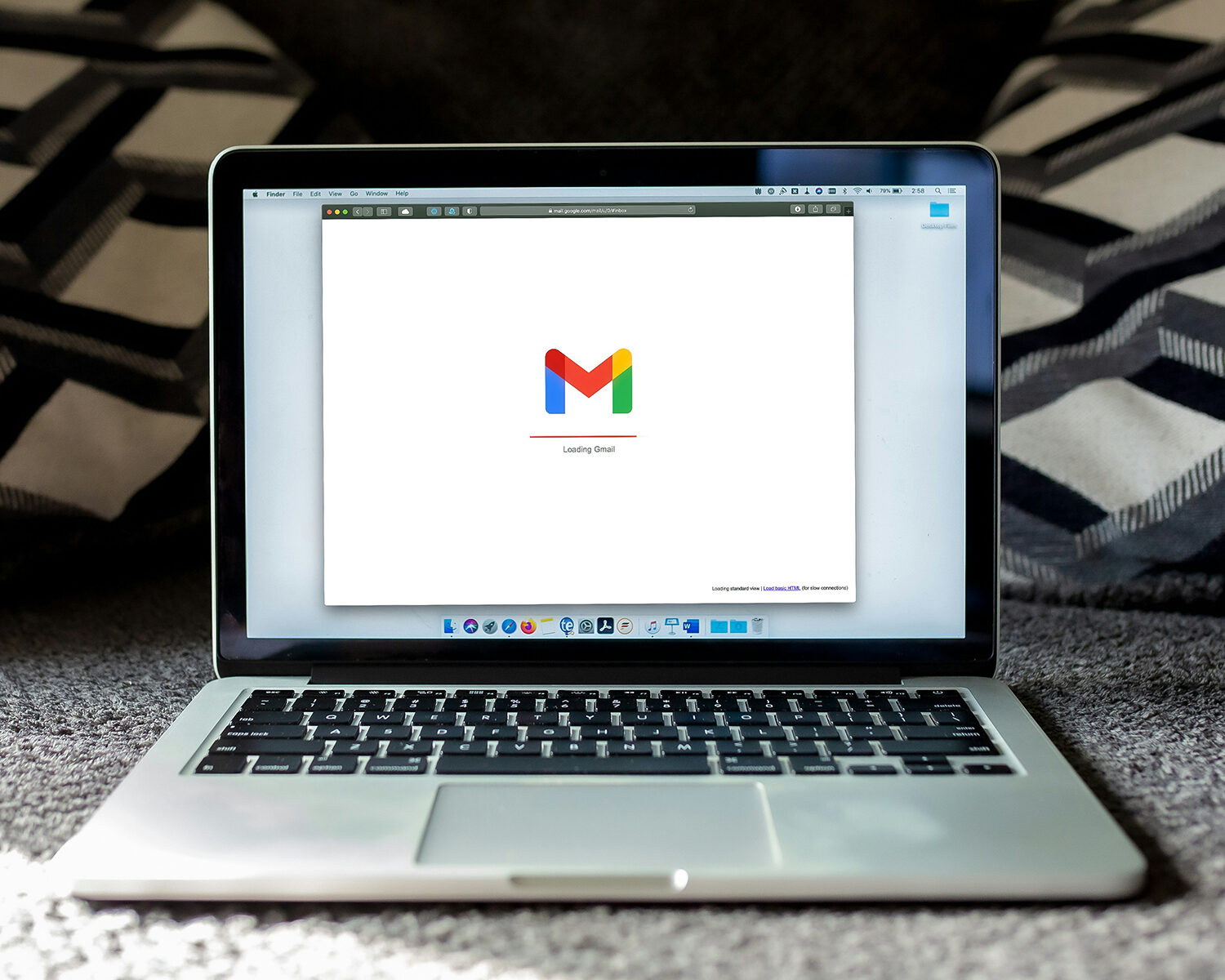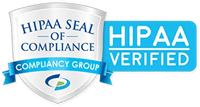Email attachments are often exposed during transit. Many people do not realize that email is not entirely secure. Reports show that millions of sensitive files are leaked each year through simple email mistakes. This can happen when a hacker intercepts a message. It can also occur when an email server is compromised. These situations place personal and business data at risk.
Encryption helps protect those files. Encryption scrambles your data using a special method. Only someone with the correct key or password can reread it. This means that even if someone intercepts your email, they cannot understand the file. It remains locked and unreadable. This extra layer protects sensitive information, such as financial documents and medical records.
By the end of this guide, you will know how to encrypt a file for email with confidence. You will learn several methods. You will see tools for Windows, macOS, ZIP files, PGP, and cloud services. You will also learn why encryption is essential for data protection. Many laws require it, including GDPR and HIPAA. These rules focus on privacy and the secure handling of personal data. Encrypting your attachments helps you stay compliant and responsible.
Understanding File Encryption and Email Security Basics
File encryption protects the contents of a document. It converts readable information into unreadable code. Only someone with the decryption key or password can unlock it. This prevents unauthorized access even if someone steals or intercepts the file. It is a reliable way to protect sensitive information.
File encryption is different from email encryption. Email encryption protects the entire message. It keeps the message body and attachments secure as they travel across the internet. File encryption protects the file itself. It stays protected even after it leaves the email. This is why it is often used for documents containing private data.
There are two main types of encryption. Symmetric encryption uses a single password to both lock and unlock the file. Asymmetric encryption uses two keys. One key locks the data, and another key unlocks it. Asymmetric encryption is more secure but more complex. Both methods protect against common threats. These include phishing, data leaks, and man-in-the-middle attacks. Manually encrypting attachments adds a strong layer of privacy to emails. It ensures your file stays secure at every step.
Methods to Encrypt a File for Email
There are several ways to encrypt a file before emailing it. Each method has its own strengths. You can use built-in tools on Windows or macOS. These tools help you lock files without extra software. You can also use password-protected ZIP files. These work well when sharing multiple files at once.
Some people prefer specialized encryption tools. These programs offer strong protection and easy password management. You can also use PGP encryption. PGP is a powerful option for secure communication. Many professionals rely on it for end-to-end encryption. Cloud-based services provide another option. They let you share encrypted files without sending attachments.
All of these methods work for different situations. The following sections will walk you through each one. You will see simple steps and helpful tips. You can choose the method that best fits your needs.
Using Built-in Tools to Encrypt Files on Windows and macOS
Windows offers simple ways to encrypt attachments before sending them. One standard option is creating a password-protected ZIP file. This method is fast and works well for single files and small folders. Another option is BitLocker, which encrypts entire drives or external storage devices. This works better when you need to send large groups of files safely.
To create a password-protected ZIP file on Windows, right-click the file, select Send to, and then choose Compressed (zipped) folder. Then open the ZIP file, go to the File menu, and select Add a password if your tool supports it. Some versions of Windows may require third-party ZIP tools to support password protection. BitLocker works differently. You open the Control Panel, choose System and Security, and click BitLocker Drive Encryption. Then you follow the setup steps and set a strong password.
The pros of these Windows methods are convenience and the lack of need for extra apps. The cons are limited encryption strength for ZIP files and the fact that BitLocker only works on drives. macOS also offers easy ways to encrypt files. You can use Disk Utility to create an encrypted image. You can also make a password-protected compressed file using built‑in tools.
Using Disk Utility is simple. You open the app, click New Image, and pick Image from Folder. Then you select your folder and choose AES‑128 or AES‑256 as the encryption type. You apply a password and save the image. For password‑protected compressed files, you can use the Terminal. You type a short command that creates an encrypted ZIP file with a password prompt.
The pros of macOS encryption are strong protection and built‑in AES encryption. The main drawback is that Disk Utility images can be confusing for beginners. No matter which system you use, always share passwords safely. Never send the password in the same email. Use a phone call or secure messenger instead.
How to Encrypt a File for Email Using Zip Tools
Zip tools like 7‑Zip, WinZip, and Keka make file encryption easier. These apps support strong encryption standards such as AES‑256. They also let you compress files to a small size for quicker sending. This makes them useful when you need simple file encryption across platforms. They also work well with different email services.
Using 7‑Zip is simple. Right-click your file, then choose Add to archive. Set the Archive format to zip and select AES‑256 for Encryption. Then you create a strong password and save the archive. WinZip and Keka follow similar steps. You choose your file, enable password protection, and pick the strongest encryption option. Each tool guides you through the steps with clear menus.
The benefits are clear. These tools are easy to install and use. They work on Windows, macOS, and Linux. They let you create password‑protected files quickly. They also reduce file sizes for smooth emailing. But there are limitations. The main risk is weak passwords. A simple password can be cracked with special tools. This is why you must choose a long and unique password every time.
Zip encryption protects your files before they reach the recipient. It adds a strong layer of email security. It also helps keep sensitive data private during transfer. Always share the password in a separate channel. This keeps your file encryption strong and reliable.
Encrypting Files for Email with PGP
PGP encryption gives the strongest level of email privacy. It uses public and private keys to protect your files. This means only the intended recipient can decrypt the message. It also means your file cannot be opened even if someone intercepts it. Security experts and privacy professionals trust PGP.
Setting up PGP starts with generating a key pair. You install a tool like Gpg4win for Windows or GPG Suite for macOS. Then you create your keys and save your private key safely. Outlook users can install the Gpg4win PGP plugin. Thunderbird users can use the built‑in OpenPGP feature. Gmail users can install a browser extension such as Mailvelope. Each option lets you encrypt files before sending them.
Public keys work like open locks. You give them to anyone who needs to send you encrypted files. Private keys work like the matching keys. You never share them with anyone. When you encrypt a file, you use the recipient’s public key. When they receive it, they use their private key to open it. This creates actual end‑to‑end encryption.
The benefits of PGP are strong security and trusted encryption. It prevents unauthorized access even if your email is exposed. It also verifies identity using digital signatures. The drawbacks include the difficulty of setup and the need for key management. It can feel complex for beginners. But once you set it up, it becomes a powerful tool for secure communications.
PGP is ideal for sensitive documents. It protects legal files, financial records, and private data. It ensures your encrypted attachments stay safe at every step. For strong email security, PGP remains the best choice.
Using Third-Party Encryption Tools and Services
VeraCrypt, AxCrypt, Cryptomator, and NordLocker are widely used encryption tools. They offer simple interfaces with strong protection features. They help people secure files without deep technical knowledge. These tools use tested encryption methods that keep files safe. They also support secure file-sharing practices.
These encryption tools simplify password management. Many of them include built‑in key storage or automatic encryption. This removes the need to remember multiple passwords. Some tools sync encrypted folders across devices. This helps keep data protection consistent everywhere.
Here is a simple example using AxCrypt. First, install the software from its official site. Then create an account and set a strong master password. Right‑click a file and choose the encrypt option. The tool protects the file instantly and lets you share it safely. The recipient needs the password to open it.
Another example is Cryptomator. Install the app and create a secure vault. Add files to the vault to automatically encrypt them. Send only the encrypted vault or selected files. This keeps your secure file sharing controlled and organized.
Cloud-Based Secure File Sharing Alternatives
Platforms like ProtonDrive, Tresorit, and Google Workspace with client‑side encryption offer safe alternatives. They store files in an encrypted form before upload. This means only you and your recipient can access them. These services reduce the risks associated with email attachments. They make secure file sharing easy for anyone.
Encrypted cloud sharing can replace email attachments completely. Users upload the file to the secure platform. Then they send a private link instead of a file. The recipient downloads the file through an encrypted channel. This increases email privacy and reduces the chance of interception.
There are pros to this method. It is fast and straightforward for large files. It avoids email size limits and broken attachments. But there are cons too. You depend on the platform and must trust its security. Your recipient also needs internet access and sometimes an account. Still, it remains a strong option for secure file sharing.
Best Practices for Sharing Encrypted Files via Email
Use strong and unique passwords for every encrypted file. Make sure passwords include a mix of characters. Avoid using personal details that are easy to guess. Store passwords in a secure manager. This improves your overall data protection.
Never send the password in the same email as the encrypted file. This defeats the purpose of encryption. Send the password through a different channel. You can use a phone call, a text message, or a secure messenger. This helps keep email security intact.
Always inform the recipient about the encryption method used. Let them know how to open the file safely. Verify their identity before sending any confidential information. This prevents files from reaching the wrong person. Following these steps supports better file-encryption practices and keeps sensitive data safe.
Common Encryption Mistakes to Avoid
Weak passwords are one of the most common encryption mistakes. Many people reuse the same password across multiple accounts, which weakens the entire system. A strong, unique password is essential for keeping attachments secure.
Another mistake is forgetting to share decryption keys securely. Some users send the password in the same email as the encrypted file, which defeats the purpose of file encryption. Always send the password through a different channel to maintain security.
People also often compress and encrypt files in the wrong order. Encrypting a file and then compressing it can remove the encryption or expose metadata. You should always compress first and then apply encryption. Unsupported formats are another issue because recipients may not have the tools needed to open encrypted files.
Advanced Tips: Combining Encryption and Email Security Tools
Using encrypted email services adds a strong layer of protection to your communication. Services like ProtonMail and Tutanota use built-in end-to-end encryption. They make it easier to send secure attachments without extra steps.
Setting up two-factor authentication on your email account is another smart move. It protects your account even if someone gets your password. This improves your overall email security and lowers the risk of unauthorized access.
You can also combine PGP with password-protected files. This adds two layers of defense for high-risk or sensitive data. It is a powerful way to increase data protection and boost confidence in your security setup.
Final Thoughts
Encrypting your files helps protect your information and shows professionalism. It keeps your data safe from attacks and enhances the privacy of your communication. Strong encryption habits are essential for better email security.
You now know several methods to secure your attachments. You can choose built-in tools, ZIP encryption, PGP, or cloud-based sharing. Every option helps you build stronger email privacy practices.
Start encrypting your files today and take control of your data protection. Explore recommended tools and learn which method best fits your workflow. With the right approach, secure file sharing becomes reliable and straightforward.












